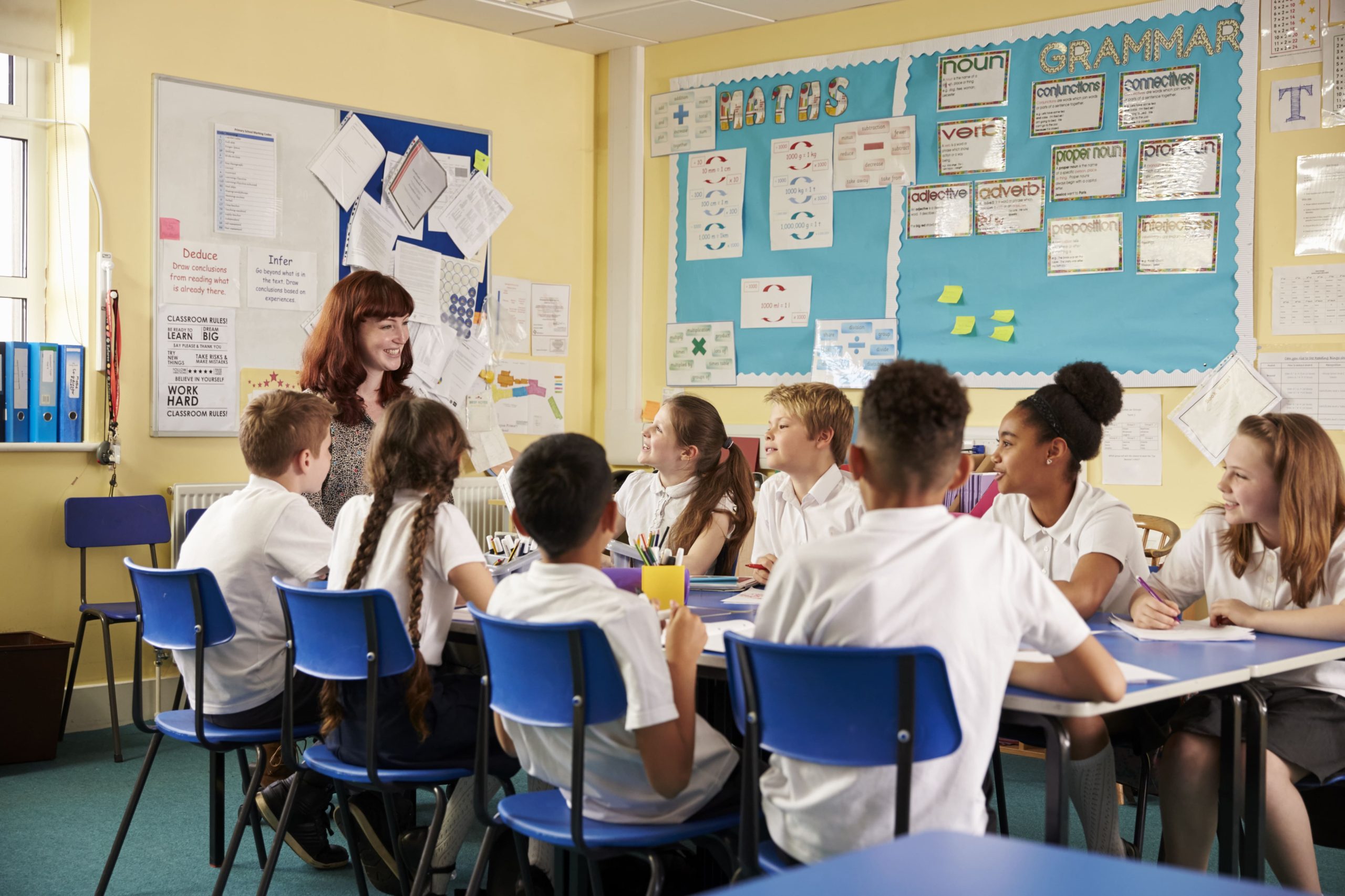School Teachers’ pay and conditions
The most recent school Teachers’ pay and conditions document came into effect on the 1st September 2021. The guidance applies to permanent teaching staff at all maintained schools in England and provides the framework for pay and conditions.
The main changes in the most recent update are:
- An award of £250 to all Teachers whose basic earnings are less than £24,000 (this figure is higher in London).
- An advisory pay points structure for unqualified Teachers.
- Flexibility in payments for Teachers doing extra tutoring as part of the education catch up resulting from the pandemic.
- Changes to the provisions for the induction of Early Career Teachers (ECT).
- A reduction of 1 day that Teachers must work this academic year to reflect the extra Bank Holiday on 3rd June 2022.
For full details you can read the most recent guidance here.
Primary schools also have a responsibility for the overall safeguarding and welfare of the children in their care and it is important that all Teachers understand what this involves. The most recent DfE statutory guidance for keeping children safe in education came into force in September 2021. It covers safeguarding information for staff and provides information on what they should know and how to deal with any concerns they may have about a child. The most recent changes include additional guidance on online safety, how to respond to peer-on-peer abuse, further information on child criminal and sexual exploitation, and a new section on how to respond to low-level concerns and allegations. You can find the safeguarding guidance here.







